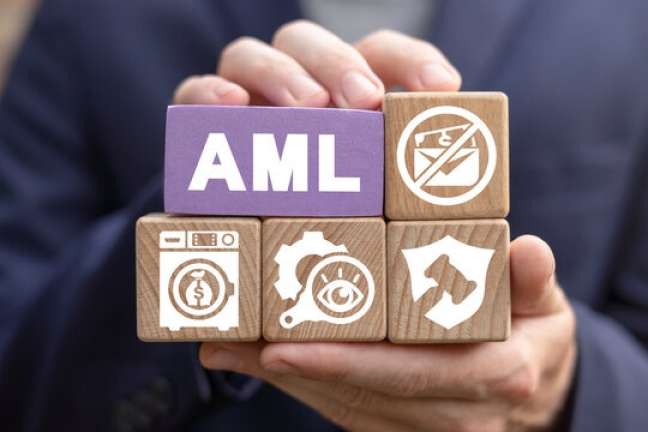The National Disability and Insurance Scheme (NDIS) of Australia is a government program that aims to support persons with certain disabilities. Given the aging population present in the country, there is an upward trend in the number of individuals with certain degrees of disability in Australia. It is well-documented that persons with a disability face social and economic exclusion concerning job opportunities.
However, persons with disabilities have a resilient attitude when it comes to business. They possess an entrepreneurship rate of 50 percent higher as compared to the average Australian. The NDIS acknowledges these positive attributes and is willing to promote business ownership to persons with certain disabilities.
Disability Support Pension (DSP)
Individuals with permanent physical, intellectual, and psychiatric disabilities are eligible to receive financial assistance. This group includes persons aged 16-65 who cannot work independently or experience difficulties acquiring employment opportunities. The DSP’s main purpose is to cover individual basic needs and daily expenditures. The amount of compensable amount given to persons with disabilities depends on personal circumstances and age bracket.
NDIS Acting As Added Individual Funding
The National Disability Insurance Scheme aims to allow the person with a disability to live independently by providing the individual with the necessary support and assistance. It works alongside the DSP and acts as an added source of funding to meet individual client needs.
The additional funding may be for expenditures such as vehicular modifications specific to present disability or buying a wheelchair. Furthermore, the NDIS funds can support a startup business as deemed reasonable and under individual capacity.
NDIS and DSP Combined
Both the DSP and NDIS are available to support persons with disabilities. DSP primarily covers daily expenditures such as food, utilities, and home rentals. Likewise, the NDIS serves as additional funding for persons with disabilities to answer expenses that promote living independently. These expenses can take the form of personal physical assistance devices such as wheelchairs and crutches. It can also be a source of initial capital for business startups creating a valuable source of potential income despite the present disability.
How NDIS Addresses Hindrance To Employment Opportunities
As more people in Australia suffer from specific disabilities, it is important to understand that it hinders certain employment opportunities. Still, NDIS plan management firms help their clients be job-ready and fulfill their deliverables.
Moreover, NDIS helps persons with special needs but possess an array of skills useful in establishing their own company. Not only does it promote increased workforce volume, but it also enhances business diversity.
NDIS Promotes Personal Empowerment
Since the creation of NDIS, initiatives have urged persons with disabilities to partake in business ventures within their capacity. The overall decision and choice of starting up a business rest on these individuals. This empowerment resulted in decreased unemployment rates, particularly in the disabled segment.
Takeaway
The special needs of persons with disabilities must not be considered a hindrance in personal employment capability. Despite the perceived limitations certain disabilities provide, it is worth noting that certain personal skills useful to career growth and employment are present in every individual.
The NDIS assists individuals with known disabilities to achieve a quality of life with personal independence. Business startups are made possible with the help of insurance funding gathered from both the NDIS and DSP. Although there are complications surrounding the paperwork and eligibility requirements, plan management firms exist to help program beneficiaries through all these.















